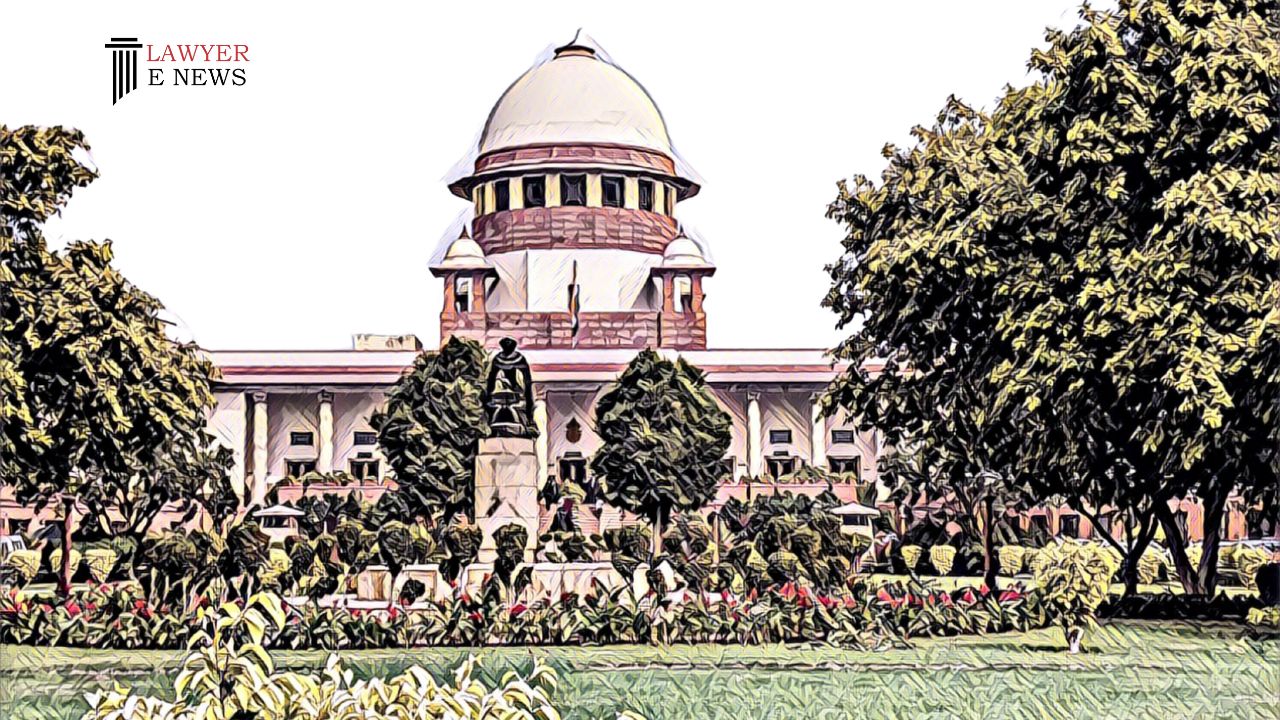-
by sayum
14 February 2026 2:22 PM



In a landmark ruling, the Supreme Court of India has allowed the appeal for restitution under Section 144 of the Code of Civil Procedure, 1908, emphasizing that the execution sale of properties disproportionate to the decretal amount is unjust. This significant decision came from the bench comprising Justices Hrishikesh Roy and Prashant Kumar Mishra in the civil appeal concerning the execution of a judgment debtor’s property.
The core legal issue tackled in this appeal was the entitlement to restitution following a variation in the decree regarding the property of Bhikchand, the judgment debtor, which had been auctioned pursuant to a money recovery decree that was later modified by an appellate court.
The initial decree involved a claim for money recovery wherein the judgment debtor’s property was auctioned to satisfy the decretal sum. Post-decree, the appellate court modified this decree, reducing the total amount due. This led the judgment debtor to seek restitution to undo the auction under Section 144 CPC, arguing that the auctioned sale exceeded the revised decretal amount, making it disproportionate and unjust.
The execution sale was previously upheld by the trial court and appellate courts, which rejected the application for restitution based on technical grounds, including the non-deposit of the amount by the judgment debtor following the original decree.
Justice Prashant Kumar Mishra, writing for the bench, underscored that only such portion of the attached property as necessary to satisfy the decree should be auctioned, as stipulated under Order XXI Rule 64 CPC. The Court pointed out that the total value of the auctioned properties was significantly higher than the modified decretal amount, thus causing undue loss to the judgment debtor and undue benefit to the decree holder.
The Supreme Court critiqued the lower courts for their failure to apply the principles of equitable justice and procedural correctness in execution proceedings. The judgment emphasized that the restoration of the status quo ante is essential to ensure justice, stating that, “Undoing the effect of an interim order by resorting to principles of restitution is an obligation of the party, who has gained by the interim order of the court, so as to wipe out the effect of the interim order passed which, in view of the reasoning adopted by the court at the stage of final decision, the court earlier would not or ought not to have passed.”
Conclusion: The Supreme Court’s decision allowed the appeal, set aside the previous rulings, and directed full restitution, effectively restoring the parties to their pre-execution status. This judgment not only emphasizes the protective scope of Section 144 CPC but also reinforces the judicial duty to prevent undue enrichment arising from judicial proceedings.
Date of Decision: May 14, 2024
Bhikchand. Vs. Shamabai Dhanraj Gugale (Deceased)
